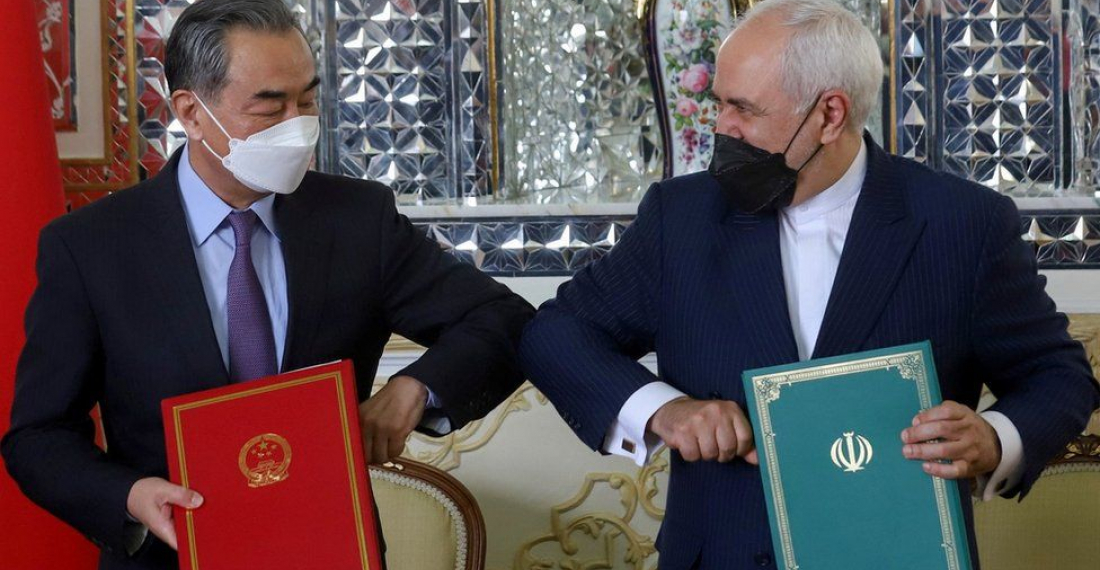China and Iran have signed a deal on comprehensive co-operation for the next 25 years. The details of the agreement have not been revealed but it is known that it will cover not only such areas as the economy and culture, but also sensitive fields such as defence and intelligence. The decision of Tehran and Beijing to cultivate a strategic partnership coincides with the unprecedented sanctions pressure on both countries by the US and its allies, Izvestia writes.
China is expected to pour $400 bln into the Iranian economy and this co-operation will allow Beijing to strengthen its positions as Tehran’s key trade partner. China, which is set to become the world’s major economy, gets access to energy resources. In its turn, Iran, which has been targeted by international sanctions, will get a major buyer of hydrocarbons.
This bilateral deal has both economic and geopolitical effects. First of all, China is strengthening its positions in the Middle East. Iran will be able to feel more confident in its contacts with Washington on lifting sanctions imposed under the Trump administration. Beijing will also get another geopolitical stronghold in its global confrontation with the US.
"Step by step, China is building a new global policy in the Middle East, while in the past China used to play a minor role, which revolved more around trade than politics. Beijing is beginning to change its global policy, which is becoming more aggressive and offensive," said Acting Director of the Russian Academy of Sciences’ Institute of Far Eastern Studies Alexei Maslov.







